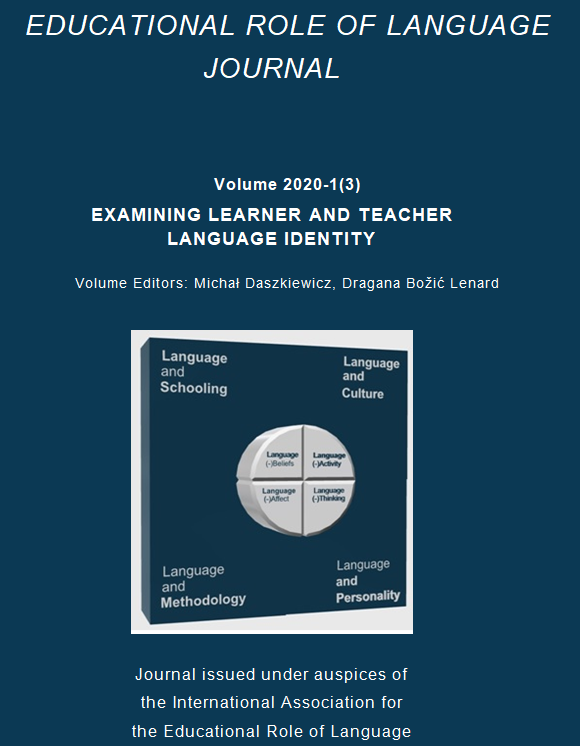Božena Horváthová, Katarína Krištofovičová 
Constantine the Philosopher University in Nitra, Slovakia; https://orcid.org/0000-0002-0611-2623, https://orcid.org/0000-0002-8272-5624
DOI: https://doi.org/10.36534/erlj.2020.01.07
Bibliographic citation: (ISSN 2657-9774) Educational Role of Language Journal. Volume 2020-1(3). Examining Learner and Teacher Language Identity, pp. 91-105
Abstract
The aim of the article is to find out how the Internet-based resources (podcasts) affect listening comprehension of learners at a lower secondary school level. First, the concept of listening comprehension, listening strategies, approaches, and possible listening problems in English language learning are tackled. Further on, podcasts, their advantages, disadvantages as well as their appropriate use in English classroom is discussed. Based on relevant theories, application of chosen podcasts in the classroom at a lower secondary level through action research was carried out. The application of the action research showed that podcasts integrated in the classes at all listening stages help develop listening comprehension of learners. By designing suitable lesson plans and introducing challenging activities intensive listening in the classroom can be taught in a meaningful and motivating way.
Keywords: TEFL, listening comprehension, intensive and extensive listening, podcasts, bottom-up and top-down strategies, action research
Go to full Volume 2020-1(3)
Go to Educational Role of Language Journal – main page
Go to International Association for the Educational Role of Language – main page